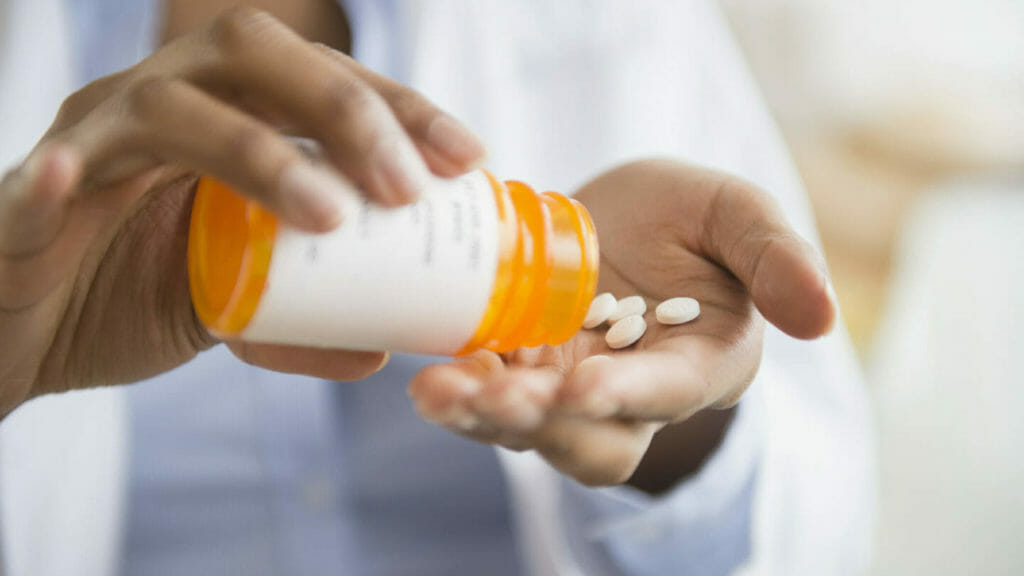
When it was sold as a prescription generic drug, galantamine was labeled accurately and it wasn’t contaminated. But that wasn’t the case when galantamine was sold as an over-the-counter dietary supplement, according to a study published Feb. 23 in JAMA.
Authors of the report said that the quantity of galantamine, which is a plant alkaloid that’s used to treat Alzheimer’s disease, had anywhere from 2% to 110% of the quantity on the label in 10 brands evaluated. The amount of galantamine in 11 brands of generic drugs ranged from 97.5% to 104.2% of the labeled content, the authors noted.
Pieter Cohen, MD, an associate professor of medicine at the Cambridge Health Alliance in Massachusetts, led the study. Three of the supplements sold over the counter included contamination with Bacillus cereus sensu stricto, which could suggest improper quality control standards when the pills were made.
“What we found was a striking difference between the products,” Cohen wrote in an email to MedPage Today.
The team evaluated 11 brands of generic galantamine medications and 10 brands of galantamine supplements.
“Generic galantamine aced the tests,” he said. “The amount of galantamine listed on the label accurately represented the amount of galantamine in the pills and, importantly, no bacterial contamination was found.”
“The galantamine dietary supplements, on the other hand, almost universally failed our tests: 90%, or 9 out of the 10 brands, had an inaccurate amount of galantamine on the label and, disturbingly, 30%, 3 out of 10 brands, were also contaminated with bacteria that could, if consumed at higher levels, cause diarrheal illnesses,” he added.
The report said that the quantity of contamination shouldn’t produce adverse health effects.
The prescription form was approved in 2001. Since then, several generic brands have come on the market. It’s approved by the Food and Drug Administration as a prescription medicine for mild to moderate Alzheimer dementia, but it can’t treat mild cognitive impairment or prevent Alzheimer dementia, the authors wrote. As a dietary supplement, the drug is marketed for a wide range of cognitive conditions.
“When sold as a dietary supplement, manufacturers claim galantamine can improve memory, initiate lucid dreams and improve ‘cognitive acuity,’ but what’s actually in those bottles of galantamine and how that compares to prescription galantamine is not known,” Cohen told the outlet.
“For patients with Alzheimer disease, use of galantamine supplements instead of generic galantamine may adversely affect their care,” the authors wrote. “Furthermore, the sale of inaccurately labeled galantamine supplements promoted for nonspecific memory and other cognitive problems is concerning given the lack of proven efficacy, potential drug-drug interactions, and adverse effects, including nausea, vomiting, dizziness, bradycardia and syncope.”
“Our study raises a troubling question: Are the laws regulating dietary supplements in the U.S. adequate to ensure the quality of the many active drugs sold directly to U.S. consumers as supplements?” Cohen said in MedPage Today. “We think not.”




